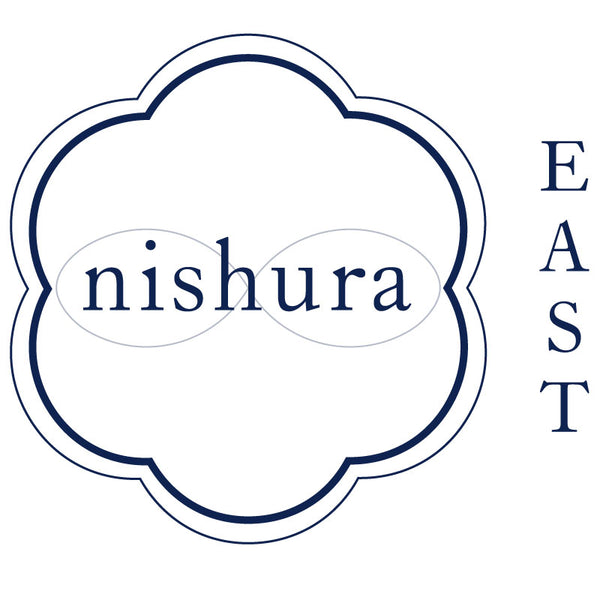My tearoom is near Golborne Road in London, and people of so many different nationalities and cultures are on that Street. Some are very trendy, some are quite old fashioned, there are some very expensive and fancy restaurants, as well as places selling very reasonable street food! I’ve never felt like I'm a minority there. We’re based in the Royal Borough of Kensington and Chelsea, and the council is supporting us to run a Japanese Tea Ceremony Workshop on Saturday 20th August, at Pichi café on Ladbroke Grove. It’s part of their arts festival and also to develop a diverse society, where people understand different cultures. This is a community event and only costs £10 for an hour-long workshop. I will explain about the history and philosophy of the tea ceremony, and then we will all make a cup of tea together. Some sweets will be served too. It will be a very friendly and casual workshop, I normally don’t serve matcha lattes, but we will make matcha lattes together as well as traditional matcha. As you probably know, I'm obsessed with tea! I only serve very high grade matcha tea, so this is a great opportunity to taste tea from some of the top tea makers in Japan. All generations are welcome! Please book your spot via this link. It would be great to see all of you there.
I joined a lecture given by a Japanese monk at Tofukuji Temple in Kyoto in May. Japanese monks developed the tea ceremony as part of their zen rituals in the 15th century. Before that, monks were drinking matcha tea for other reasons – they would sit on the floor for long periods of time (zazen) as part of their training (shugyo) and would drink matcha to wake themselves up and stave off drowsiness. The monk told us that after this tough zazen training, he found even ordinary things were beautiful, for example a stranger wishing him “good morning” or having a nice cup of tea. Quite a few Japanese temples run zazen workshops and many businesspeople take part. I meditate each morning, and I find it gives me a similar effect. The wonderful books Zen introduces similar ideas.
Monks famously have shojin ryouri (Buddhist cuisine) as part of their training. Shojin ryouri contains no meat, fish, eggs, or other animal products, as tradition forbids the harming of animals for consumption. Many people are becoming vegan nowadays for similar, or different, reasons. I visited a shojin ryori restaurant in Tokyo called Bon. The chef used to be a monk and has been vegan for 70 years! The food was all vegan and also amazingly creative! You can see a picture below – it looks like sashimi but is entirely vegetables. They serve many small plates, one by one, with each having very different flavours and textures. I sat in the tatami mat room, the chef told me that Yoko Ono and John Lennon used to come to this room as low-key customers, to relax and enjoy the shojin ryouri!
I am not vegetarian, but I avoid eating processed foods, and choose to eat seasonal fruits and vegetables. I avoid excess packaging and am careful not to waste food, but I know I can improve even more.
Traditionally, we serve some sake, lunch, sweets and two types of teas in the formal tea party.
I’d love to run a formal tea party in a friendly setting in the UK. I’ll serve shojin ryouri, wagashi (Japanese sweets) and koicha (strong tea), as well as usucha (weak tea). I hope I’ll be able to invite you in the near future!
Meanwhile I hope to see you on Saturday 20th August, for our tea ceremony event!

